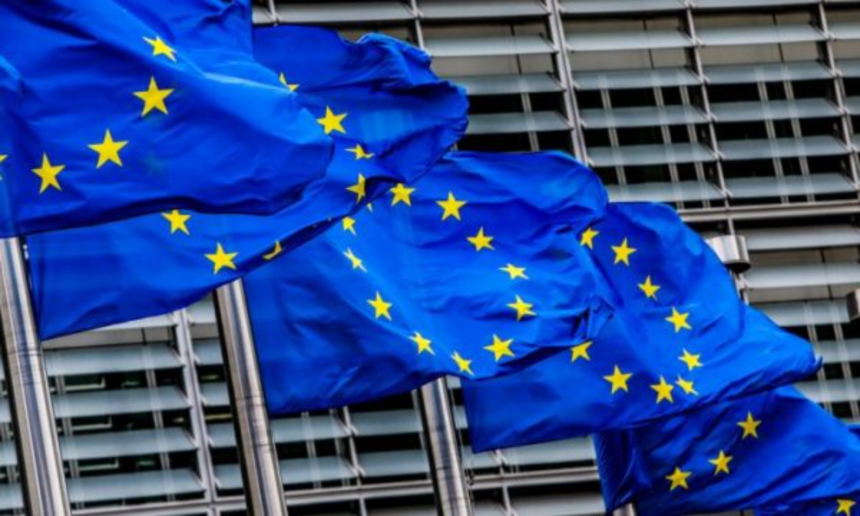In a pivotal meeting held on Tuesday, the EU Council on General Affairs approved critical conclusions regarding the European Union’s enlargement process. These conclusions reaffirmed the EU’s commitment to the expansion of the union, emphasizing that the progress of candidate countries, including Kosovo, is contingent on merit-based advancement, ongoing reforms, and the resolution of bilateral disputes.
One of the central aspects raised in the discussions was the urgent call for both Kosovo and Serbia to fully implement the agreements outlined in the “Roadmap to Normalization.” The EU underscored that the normalization of relations between the two countries is a fundamental condition for their progress toward EU integration. Specifically, Kosovo has been urged to begin the formation of the Association of Serb-majority municipalities without delay. This is a crucial part of the normalization process, as outlined in the agreements signed in early 2023.
The EU emphasized that Kosovo must act swiftly and without preconditions to fulfill its obligations in this regard. The Association’s creation is a pivotal requirement in advancing Kosovo’s relationship with the EU. The Council also made clear that Serbia must begin to recognize Kosovo’s documents and symbols, a significant step that would facilitate deeper integration of both countries into the European framework.
In addition to the calls for progress in Kosovo and Serbia’s bilateral relations, the EU also expressed deep concern over the ongoing violence in northern Kosovo. The recent attacks on the Ibër-Lepenc canal, as well as previous incidents of violence in Banjskë, were highlighted as troubling developments. The EU called on both Kosovo and Serbia to take immediate and consistent steps to de-escalate tensions, avoid provocative actions, and cease inflammatory rhetoric. The normalization of relations, as well as the reduction of tensions in the north, are seen as essential for Kosovo’s European future.
The EU also reiterated that any sanctions currently in place against Kosovo will be gradually lifted in parallel with Kosovo’s efforts to ease tensions in the northern regions of the country. The Council stressed that Kosovo’s path toward EU integration remains closely tied to its success in de-escalating tensions, and it is expected that these efforts will be met with positive steps from the EU.
Regarding the broader enlargement process, the EU reaffirmed its commitment to the inclusion of the Western Balkans in the union. The discussions highlighted the importance of strengthening the EU-Balkans relationship, with particular emphasis on the Economic and Investment Plan, the Green and Digital Agendas, and the alignment of security and defense policies. Kosovo’s ongoing reform efforts and the advancement of its relations with the EU were acknowledged, although the EU reminded Kosovo that delays in fulfilling commitments could jeopardize its chances for membership.
For Serbia, the EU made it clear that its progress in negotiations will depend on significant improvements in the rule of law and the continued normalization of relations with Kosovo. Despite the efforts of Hungary’s Presidency and the European Commission to open Chapter 3 in Serbia’s accession process, some EU member states have blocked this move. Serbia has not opened any negotiation chapters since December 2021, and the EU has indicated that further negotiations will only resume once Serbia shows tangible progress in these key areas.
The latest EU conclusions mark a significant point in the ongoing negotiations surrounding Kosovo and Serbia’s potential EU membership. The EU has made it clear that while it remains committed to the integration of the Western Balkans, both Kosovo and Serbia must prioritize the normalization of their relationship to move forward in the enlargement process. These developments demonstrate the EU’s steadfast approach to ensuring peace, stability, and integration in the region, with both Kosovo and Serbia facing pressing obligations to meet in the near future.







